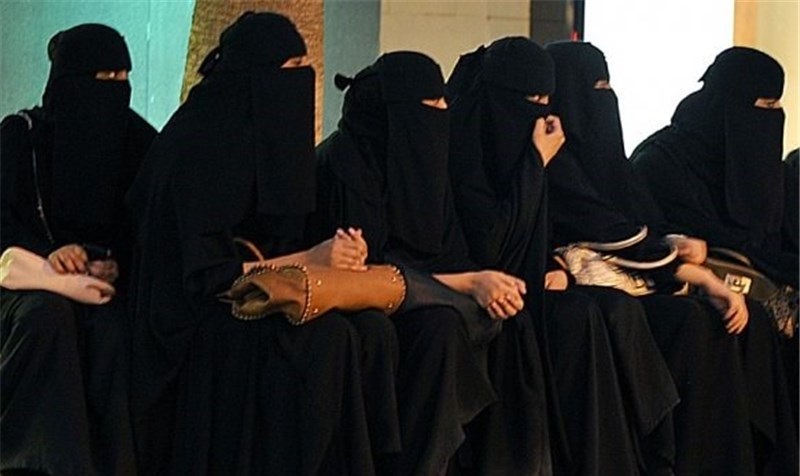Saudi Arabia among Top 10 Dangerous Places for Women: Study
 TEHRAN (Defapress) –War-torn Afghanistan and Syria ranked second and third in the Thomson Reuters Foundation survey of about 550 experts on women's issues, followed by Somalia and Saudi Arabia.
TEHRAN (Defapress) –War-torn Afghanistan and Syria ranked second and third in the Thomson Reuters Foundation survey of about 550 experts on women's issues, followed by Somalia and Saudi Arabia.
The only Western nation in the top 10 was the United States, which ranked joint third when respondents were asked where women were most at risk of sexual violence, harassment and being coerced into sex.
The poll was a repeat of a survey in 2011 that found experts saw Afghanistan, Democratic Republic of Congo, Pakistan, India, and Somalia as the most dangerous countries for women.
The poll of 548 people was conducted online, by phone and in person between March 26 and May 4 with an even spread across Europe, Africa, the Americas, South East Asia, South Asia and the Pacific.
Respondents included aid professionals, academics, healthcare staff, non-government organization workers, policy-makers, development specialists and social commentators.
The report comes amid media fanfare dramatizing Saudi Arabia’s removal of a driving ban against women on Saturday.
Last year, when the decision to lift the ban was announced, Riyadh also said it would be loosening its so-called “guardianship” rules for women, which subject their freedom to oversight by some male relatives.
The moves were received warmly by the kingdom’s allies in the West, which contribute generously to the kingdom’s military might.
Critics and international rights groups, however, described such measures as only sham.
Activists have, meanwhile, taken to social media to remind the world's people that the ban has been lifted but the female activists, who helped make it happen, are still behind bars or in exile. Many such activists were rounded up over the weeks running up to the restriction’s removal.
Rothna Begum, the women’s rights researcher for the Middle East and North Africa at New York-based Human Rights Watch, posted a picture of some of the detainees on her Twitter account on Monday.
Cairo-based journalist Samer al-Atrush also tweeted a picture of, what she called, “some Saudi male authorities excitedly opening the first holding cell for female traffic violators on day 1 of allowing women to drive.”
message end/
